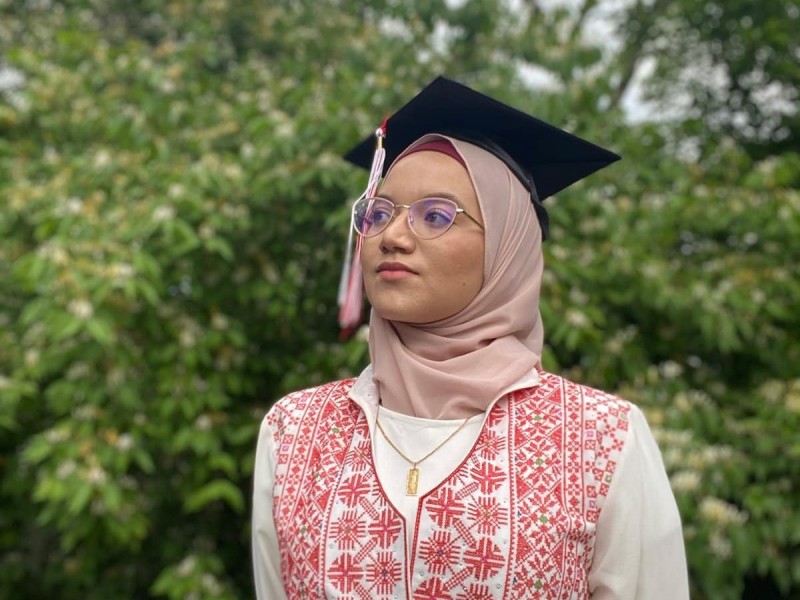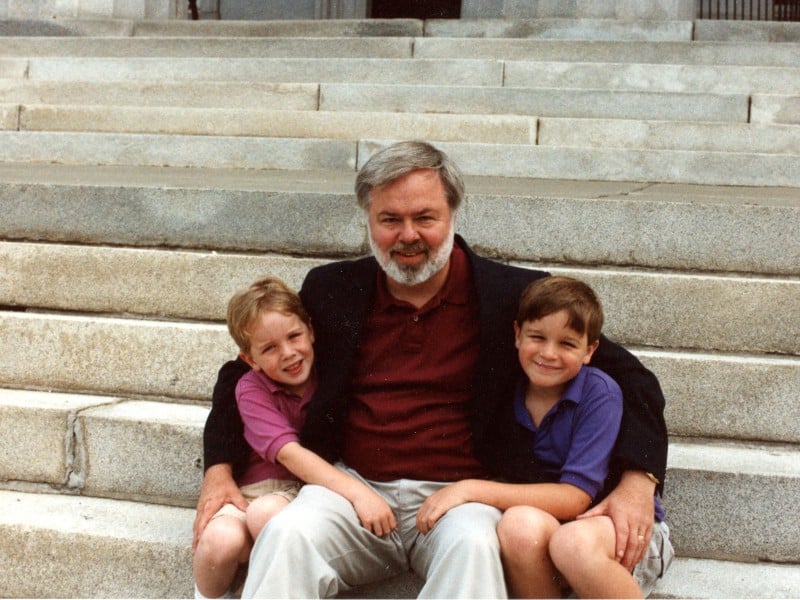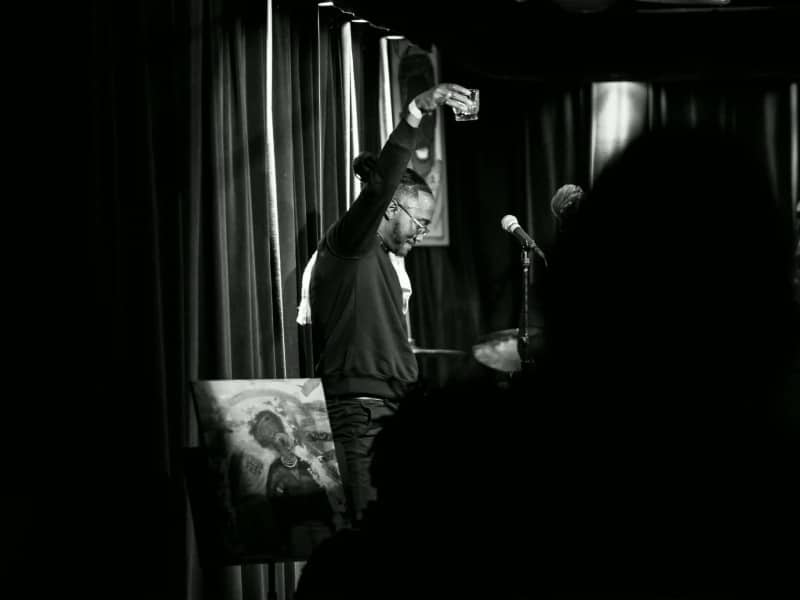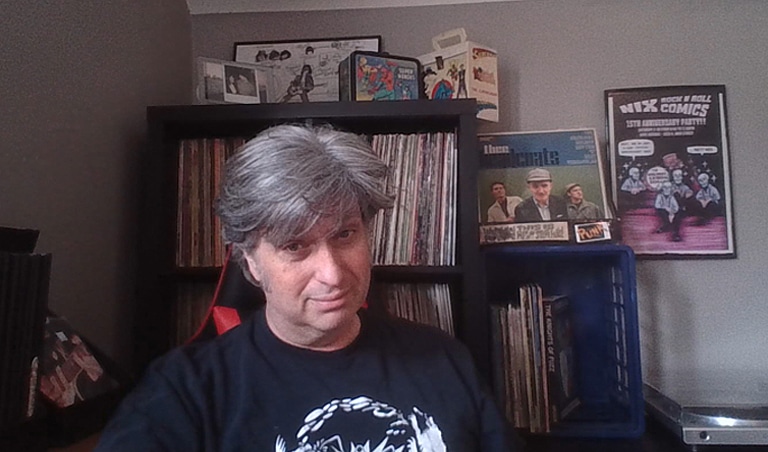Sara Abou Rashed digs down to her core with intimate new poems
Rashed will take part in a pair of events this week, reading new works at Ohio State’s Hopkins Hall on Thursday, June 8, and then hosting a stage at the Columbus Arts Fest on Sunday, June 11.

Growing up as a Palestinian in exile, poet Sara Abou Rashed said her understanding of the word “home” continuously evolved – a shift she has seen reflected in her writing.
“When I did [the spoken-word piece] ‘A Map of Myself,’ I was at an earlier stage in the U.S. than I am now, and I was still wrestling heavily with alienation, with how people looked at me, with how I existed in this country,” Rashed said. “I was asking, what does it mean to be new? To want to belong? But now I feel many of these issues are settled, and maybe there is a different set of issues. Now that I am here and do see myself as part of this country, I’m asking, what is my responsibility? How do I work in this society? How do I reach my potential?”
As a result of these deeper interrogations, Rashed’s recent poetry has taken a more intimate tract, which will be on display in different ways during a pair of readings this week.
First up, Rashed will participate in “Text Me When You Get Home,” a multifaceted new exhibit spearheaded by Mona Gazala that opens at Ohio State’s Hopkins Hall on Wednesday, June 7. The exhibit features seven creatives with connections to Ohio, Palestine and the written word, and incorporates both verse and text-based visual art from Rashed, Hala Abubaker, Noor Hindi, Noel Maghathe, Amena Sheikh, and Matter News contributor Mandy Shunnarah.
“I sent [Gazala] works that are a little bit different, more intimate – love poems, and a few poems about America,” said Rashed, who will appear during a poetry reading and curator walk-through this Thursday from 4-6 p.m. “I saw that Mona herself was taking a bit of a risk with this exhibit, and she’s doing something vulnerable, bringing together Palestinian poets – people who might not be as exposed to the Columbus community. So, these poems were my risk, in a way. They’re poems, some of them, that I haven’t read out loud. And the love poems are a different side of me as a writer.”
As a younger poet, Rashed said verses typically surfaced as a more visceral response to the outside world, wrestling with her high school experience and how she might have been viewed through the eyes of her classmates.
Now, the verses are more self-assured, arising from a deeper self-reflection that takes a step beyond that initial flinch and explores a wide confluence of factors both personal and political. The change has even altered the tone and form of Rashed’s poems, which she said previously tended toward slam poetry and are now “more lyrical, more literary.”
A similar inward turn helped to shape “(Everything Is) Cells and Bodies,” a showcase of art and poetry Rashed created in collaboration with the Ohio Immigrant Alliance, which will take place at the Columbus Art Fest at noon on Sunday, June 11. “We started with those keywords (cells and bodies) and then the question became, what makes us at our core?” Rashed said.
During “Cells and Bodies,” Rashed will be reading a poem inspired by her grandfather, who died 24 years ago on June 11, and whose existence made it possible for Rashed to immigrate to Columbus with her family from Damascus, Syria, at age 13. (Rashed said her mother’s side of the family settled in Columbus in the 1980s, which helped accelerate the citizenship process when the poet fled from the Syrian Civil War with her parents in 2013.)
While the two events are being staged in wildly different settings, the works Rashed plans to read at each have arisen from a similar place within the poet, who continues to explore her Palestinian identity in increasingly intimate ways. “There are some assumptions that come with an exhibit like [‘Text Me When You Get Home’], and some expectations of politicalness,” Rashed said of the weight that can come with being a Palestinian creator, where politics and identity are often inexorably linked. “But the point with this is for us not to be politicized and just to exist as-is, which is very powerful.”
Rashed traced her love of verse both through her bloodlines (her grandmother also wrote poetry) and into her own academic past, recalling how she studied Arabic and French as a child, drawn to what she called “the math of language.” The form also provided a needed steadying presence and an outlet for making sense of her surroundings, particularly in those turbulent teenage and early adult years. “No matter where I am, writing has been that constant,” she said.
Rashed is currently working toward releasing a collection of these earlier poems, which she described as a necessary clearing of the decks before she can move on to whatever might be next. “This book will be about Palestine, politics, exile, memory,” she said. “And after I finally get that first book out into the world, I can write more about womanhood, about different aspects of myself. I can find a new obsession.”




